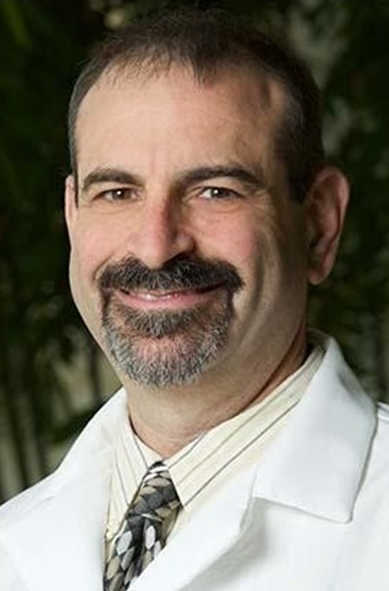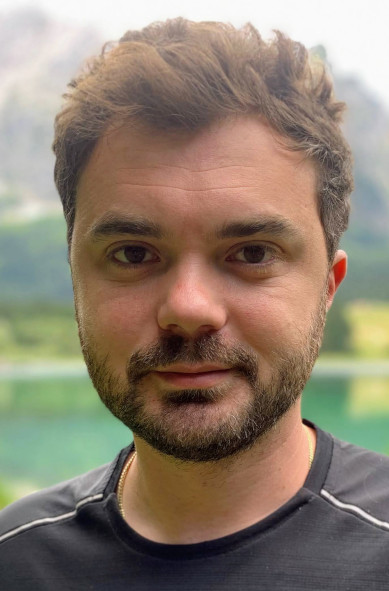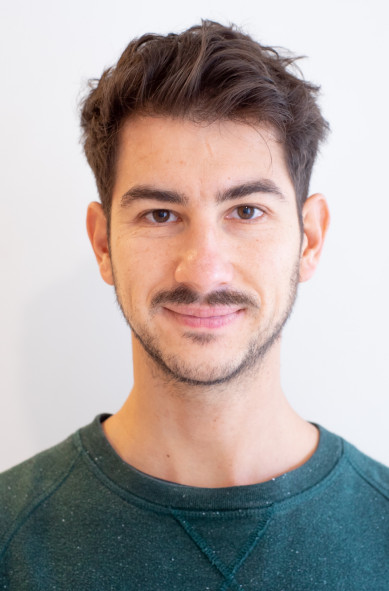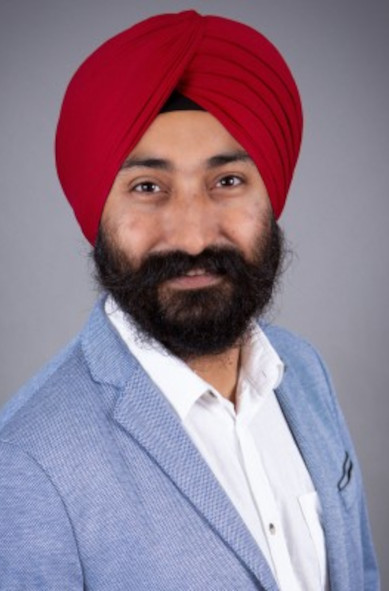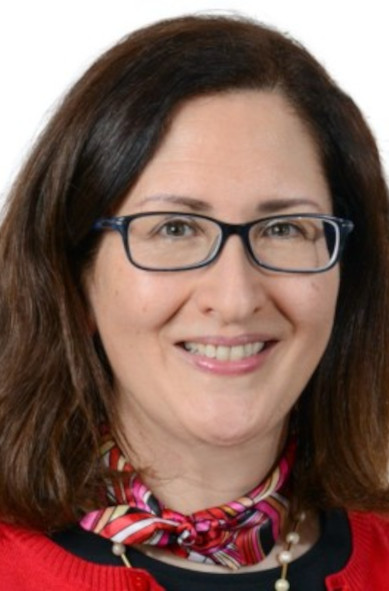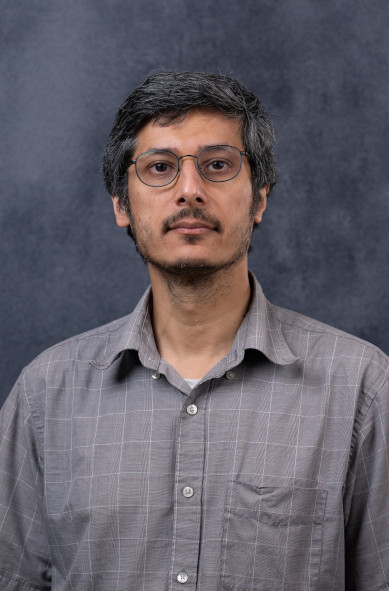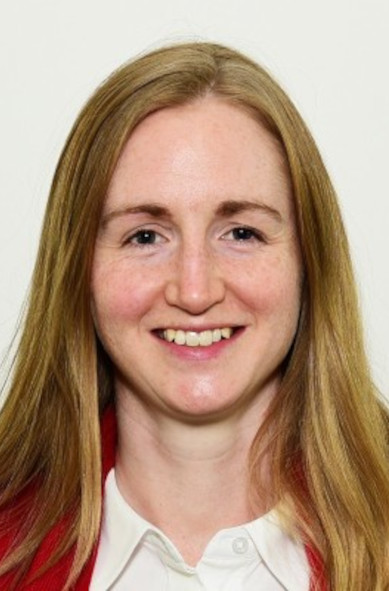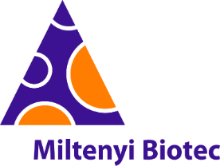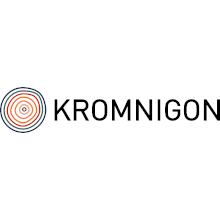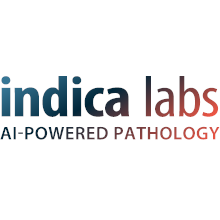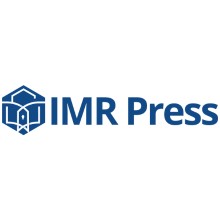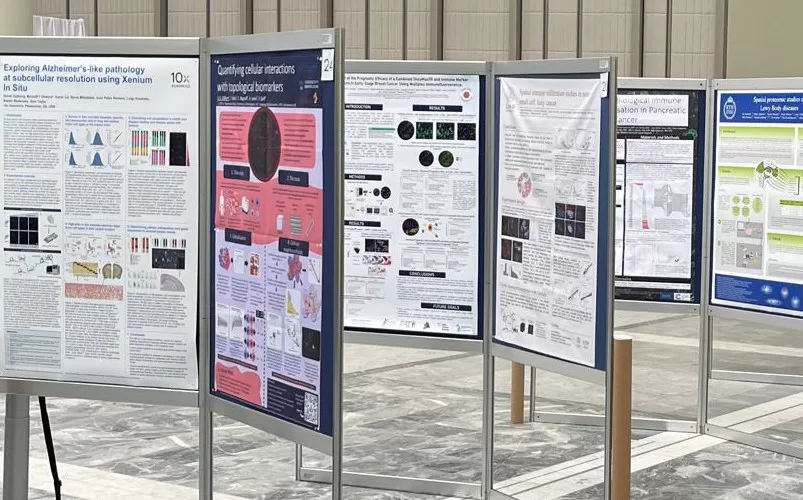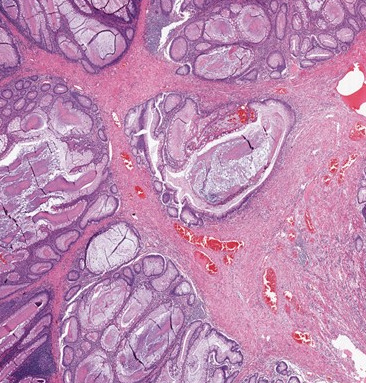#spatialbiologycongress
The 4th International Spatial Biology Congress (ISBC 2025), is confirmed to be held on 15-16 May in The Hague, The Netherlands.
At this year’s meeting, featuring more than 30 presentations, you will discover the latest developments in spatial omics and techniques, bioinformatics, and spatial biology data analysis, as well as the application of spatial biology to disease and drug development.
New for 2025
A dynamic exhibition room will also be filled with providers showcasing their spatial technologies with ample networking opportunities, an interactive panel discussion, roundtables, and a poster competition.
Open Letter
Evan T. Keller DVM, PhD
Dear Colleagues,
The rapid advancement of high-plex methodologies for in situ evaluation of biomolecules at the single-cell level has significantly enhanced our understanding of cellular interactions within the tumor microenvironment. These cutting-edge techniques have enabled the identification of novel interactions between tumor cells and their surroundings, elucidated spatial relationships among various cell types, and uncovered intricate signaling processes. Moreover, they have facilitated the discovery of potential biomarkers crucial for prognosis and predictive analyses.
Recent research conducted by our laboratory as part of the University of Michigan Single Cell Spatial Analysis Program, leveraged these high-plex methods to achieve two notable outcomes:
- Identification of Putative Biomarkers in Prostate Cancer Biopsies: By applying single-cell spatial analysis, we have identified potential biomarkers that may enhance the accuracy of tumor grading in prostate cancer. This advancement holds promise for more precise diagnostic assessments and tailored treatment strategies.
- Elucidation of Mechanisms in Renal Clear Cell Carcinoma Progression: Our studies have delineated a mechanism through which renal clear cell carcinoma progresses to a renal sarcomatoid cancer subtype. Understanding this transition is vital for developing targeted therapies and improving patient outcomes.
I am delighted to be giving a keynote address at the International Spatial Biology Congress. I will describe these findings to underscore the transformative impact of single-cell and spatial analytic methods in both mechanistic and translational research. The ability to analyze biomolecules at such a granular level provides unprecedented insights into disease progression and therapeutic responses.
I look forward to meeting you in The Hague to explore the application of high-plex methodologies in biomedical research. Your participation and contributions will be invaluable as we all work to translate these scientific discoveries into clinical innovations that can improve patient care.
Sincerely,
 Evan T. Keller DVM, PhD
Evan T. Keller DVM, PhD
Director, Single Cell Spatial Analysis Program
Richard and Susan Rogel Professor of Oncology
University of Michigan, USA
To business partner this meeting contact gavin@globalengage.co.uk.
Watch selected presentations given at the 2024 meetings.
 Join our LinkedIn Group
Join our LinkedIn Group




 Evan T. Keller DVM, PhD
Evan T. Keller DVM, PhD